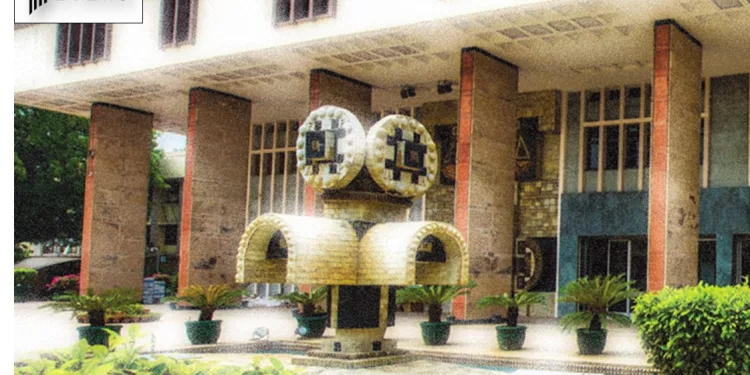CONVICTION IN CUSTODIAL DEATH CASE – MANIPULATION OF EVIDENCE, LACK OF CREDIBLE EXPLANATIONS FOR INJURIES ON THE DECEASED – DELHI HC

In a significant ruling, the court has upheld the conviction of the accused in a custodial death case, shedding light on various discrepancies and irregularities in the events following the arrest. The judgment emphasizes the manipulation of evidence, lack of credible explanations for injuries on the deceased, and failure to discharge the burden of proof by the accused police officers. The court’s decision serves as a reminder of the presumption of guilt in cases of custodial death by police torture.
“It has been opined by various Courts that in cases of custodial death by police torture, direct ocular evidence of the complicity of the police personnel is rarely available, it is expected that the colleagues would prefer to remain silent and even pervert truth or feign ignorance in the matter.”
The court, comprising Justices Mukta Gupta and Anish Dayal, delivered the verdict on June 26, 2023. The judgment highlights the following key points:
- Discrepancies in Events: The court pointed out several inconsistencies in the sequence of events following the arrest. These discrepancies include the lack of evidence against the deceased, the delay in lodging the deceased at the police station, and the absence of information regarding extensive raids as claimed by the accused. These discrepancies raise doubts about the credibility of the accused’s version of events.
- Suspicions Surrounding Discovery of the Body: The court expressed skepticism regarding the circumstances surrounding the discovery of the deceased’s body. The testimonies of witnesses and the timing of events presented conflicting accounts, casting doubt on the veracity of the information provided.
- Failure to Explain Injuries: The court observed that the accused failed to provide satisfactory explanations for the black/blue marks and burn marks found on the deceased’s body. These injuries were inconsistent with the claim of suicide and appeared to be more consistent with physical abuse and beatings.
- Discrepancies in Record Keeping: The court noted the manipulation of General Diary (GD) entries, with several key records missing or incomplete. The authenticity of the recordal in GD entries was questioned, further undermining the credibility of the accused’s version of events.
- Failure to Discharge Burden of Proof: The court emphasized that the accused police officers did not provide believable explanations for the events that occurred after the arrest. Their refusal to acknowledge their presence at crucial times and the fabrication of evidence raised serious doubts about their complicity in the custodial death.
The court relied on precedents and observed that in cases of custodial death by police torture, direct ocular evidence of police complicity is rarely available. It highlighted the duty of the court to scrutinize the evidence and draw conclusions based on the circumstances and conduct of the accused. The court concluded that the circumstances and evidence presented in the case pointed towards the guilt of the accused.
This judgment serves as a reminder of the need for transparency, accountability, and adherence to due process in custodial cases. It reiterates the importance of the rule of law and the protection of individuals’ rights even in the face of alleged criminal activity. The decision sends a strong message against police misconduct and manipulation of evidence, emphasizing the court’s commitment to justice and fairness.
Date of Decision: June 26, 2023
SH.PRADEEP KUMAR vs STATE OF U.P





